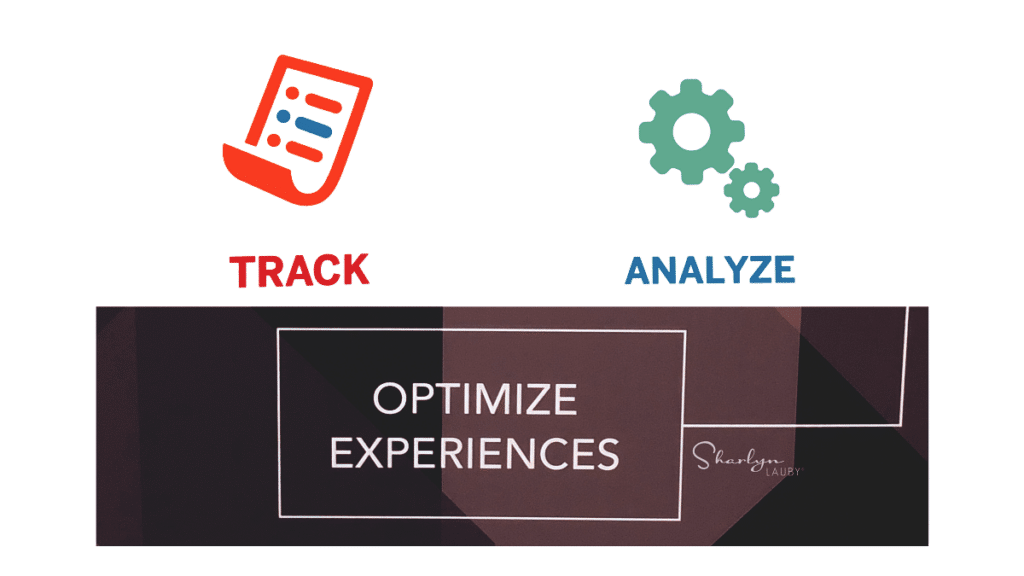Estimated reading time: 4 minutes
The title of today’s article comes from Neil deGrasse Tyson’s MasterClass on Scientific Thinking and Communication. A while ago I shared with you that I received a free trial membership to MasterClass and wrote an article on my takeaways from listening to “Good Omens” author Neil Gaiman talk about storytelling.
Today I want to share with you my takeaways from Neil deGrasse Tyson’s MasterClass. Tyson is an astrophysicist and science communicator. I first heard of him when he was part of the effort to reclassify Pluto as a dwarf planet. Regardless of your views about Pluto’s planetary status, Tyson has raised public interest in science. And because critical thinking and communication are a part of the HR competency model, I wanted to hear what he had to say.
Tyson started his MasterClass talking about the importance of thinking. It reminded me of the Shultz Hour – when former Secretary of State George Shultz would schedule an hour on his calendar just to think in solitude. As businesspeople, we need to dedicate time just to think. Tyson’s comments about critical thinking not only apply to science but to business as well.
- Be aware of when we’re being “intellectually lazy”. Tyson describes intellectually laziness as when we agree with something immediately (without question) and/or when we dismiss something immediately (without research). When we’re presented with information, we should have a healthy skepticism (not rejection). A proper skeptic questions what they are unsure of and recognizes when something has been proven.
- Practice processing information from people we don’t like. One of the things I really liked about this MasterClass was the focus on misinformation and disinformation. We’ve talked before about the importance of social media literacy. We need to recognize that someone we like might tell us a lie and that doesn’t make it the truth. And we also need to realize that someone we don’t care for might actually tell us the truth.
- Know when to stop and start measuring. Metrics, measurement, and analysis are a big part of our roles in business. That’s great. But organizations need to identify what they should measure. Not everything needs measuring. Then, organizations should figure out how much data is necessary. Think about the concept of analysis paralysis. We can get so caught up in looking at data that we don’t ever make a decision.
- Know the extent you need to measure something. This is related to #3 above. Everything does not need to be measured to the same extent. It reminded me of Pi, which is the ratio of a circle’s circumference to its diameter. Some organizations might have measurements that require eleven digits to the right of the decimal point (3.14159265359). But there could be others that 3.14 will do. The management team should reach consensus on how to measure things.
- Empathy is important. So far, I’ve been talking about data gathering and processing information. But the second part of all this critical thinking is being able to communicate your findings. That’s where empathy comes in. Tyson reminded me that empathy is knowing history (and what people have gone through). Also, empathy is knowing pop culture (and what people respond to). We must remember that a big part of communication is understanding our audience and communicating on their level.
My last takeaway from his session was “Being right isn’t enough. We have to be effective.” It’s sometimes very easy to sit on the sidelines and say, “I told you so.” when it comes to organizational decisions. We can tell ourselves that we did our job, crunched the numbers, and drafted the recommendations. If the organization doesn’t take our suggestion, well that’s on them. But maybe we need to ask ourselves, “Why didn’t the company listen?”
I remember in my first manager role going to a weekly meeting where we would go around the table and talk about what we were working on. The other department managers would mention that they needed additional resources like budget dollars or headcount. And they got them. When it came to me, sometimes I got what I wanted and other times not. Frankly, it made me mad. I couldn’t figure out why I wasn’t being effective.
Then I realized that when my colleagues talked about their projects, they mentioned business metrics and measurements. When I talked about my projects, I talked about what made the employees feel good. That’s not to say what makes employees happy isn’t important. But when I could take employee satisfaction and turn it into a number … well, I got what I wanted too.
That’s why analytics and critical thinking are so important. It’s also why being able to communicate analytics is critical. Organizations aren’t going to stop using data to make decisions. As human resources professionals, we need to allocate more time to keeping our skills sharp in this area. But you don’t have to read a math textbook to learn analytical skills. You can find examples everywhere in popular news and culture.
Image captured by Sharlyn Lauby while exploring the streets of Salt Lake City, UT
The post What You Know is Not as Important as How You Think – hr bartender appeared first on hr bartender.



0 Commentaires